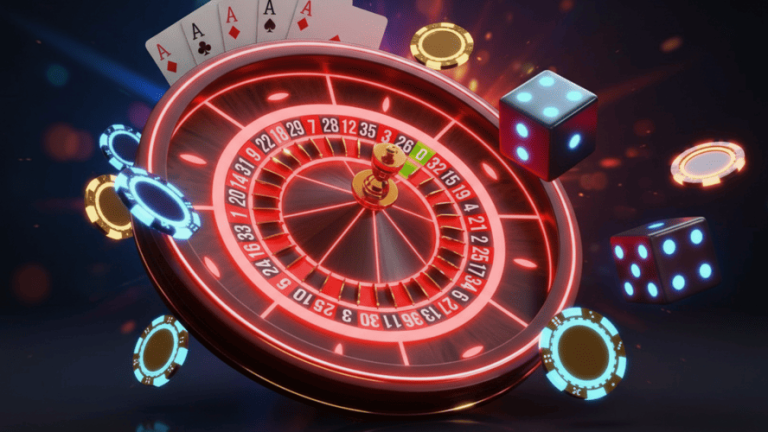As a representative of casinos, I frequently encounter the perennial question from players: are casino games based on skill or luck? The answer is nuanced, multifaceted, and far from a simple binary. From my perspective, the relationship between skill and luck varies across game types, player decisions, and even the structural design of the gaming platform. Understanding this distinction is not merely academic; it directly impacts player strategies, session expectations, and the overall gambling experience.
The interplay between luck and skill is deeply embedded in game mathematics, probability theory, and behavioral psychology. While some games are predominantly luck-driven, others incorporate skill elements that can influence outcomes within the bounds of statistical expectation. As an industry insider, I observe that players often underestimate the subtle ways skill manifests, particularly in decision-making, bankroll management, and strategic play. At the same time, luck remains an inescapable factor, serving as the catalyst for excitement, unpredictability, and engagement-the very essence of why casinos are compelling.
